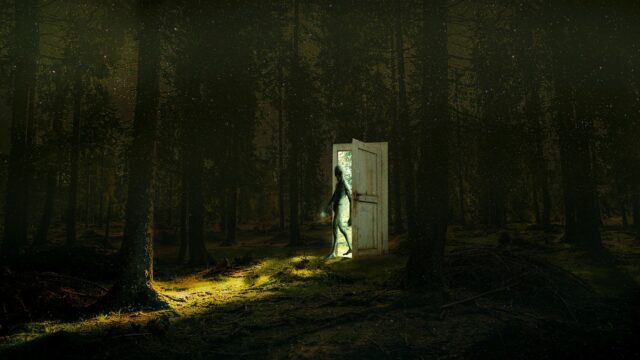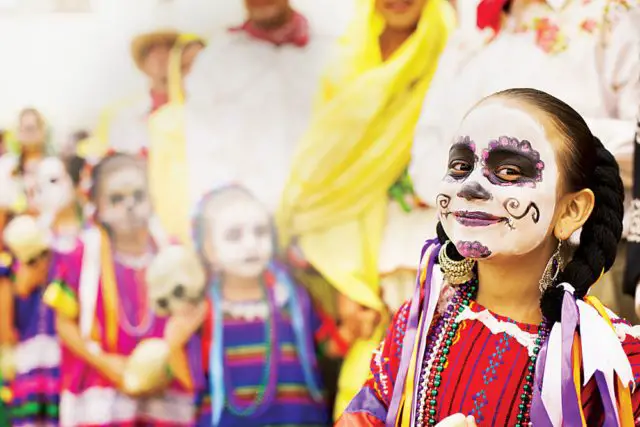A festivity that is celebrated on November 2nd with religious services in the cemeteries, and the visit of relatives to these to remember their loved ones by bringing bouquets. On the eve or days before they go to the graves of their dead, to clean or fix them. This commemoration is known in different parts of the world as the day of the dead.
Where are the origins of this celebration?
This celebration or festivity has pre-Hispanic origins, in all the cultures of ancient Mexico. Death occupies an important place. Doing a review of history, in Mesoamerican cultures the natives considered death as the step towards a new life.
The day of the dead or the day of the faithful departed, as it also comes to be known, represents something more than the memory of the dead.

How is the day of the dead celebrated?
There are many features about this holiday, around the planet the best known is the bread of the dead, the altar, the offering, the sugar skulls to name a few.
Death is nothing more than a door that opens to another reality, that our life continues with our identity, personality, and memories and that the life that awaits us is richer or more intense than the one we live here. So the transition from the physical realm to the spirit realm is not an end but a transformation to another state of consciousness.
There is evidence that there is life after death.
The American researcher Robert Lanza claims that he has definitive evidence to confirm that life after death exists and that in fact death, by itself, does not exist in the way we perceive it.
Lanza argues that the answer to the question “What is beyond death?” A question on which philosophers have been reflecting for centuries lies in quantum physics and specifically in the new theory of biocentrism.

According to the North American researcher, from the Wake Forest University School of Medicine in North Carolina, the solution to this eternal question consists of the idea that the concept of death is a product of our consciousness.
“The idea of dying is something that we have always been taught but in reality, it only exists in our minds,” says Lanza.
The process of death.
Death is universal and no one escapes from it, however, each culture has lived it and assumed it differently, it can occur suddenly or gradually, that is, its arrival can be provided or be at a certain time. The death process has not changed, but the attitudes, beliefs, and behaviors that surround it are as varied as the individuals who practice it.

Finally, death is a reality, and it also becomes a part of our lives that marks us with great pain and impotence, especially when we see the person we love so much leave. To all of them who are no longer with us but whom we remember fondly … these lines are dedicated to them.

